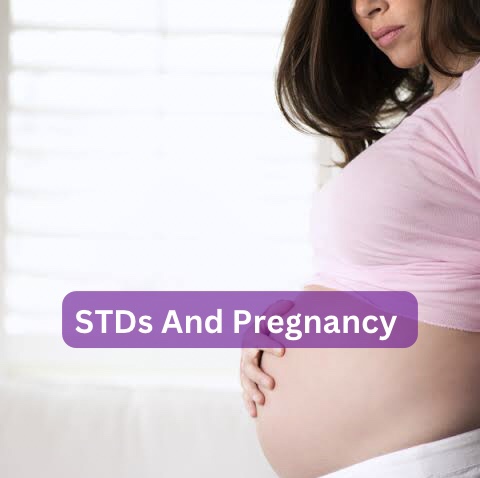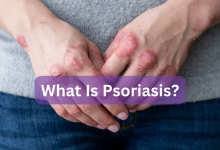STDs And Pregnancy

S*xually transmitted diseases (STDs) are a group of infections that are transmitted through s*xual contact. These infections can affect anyone, regardless of age, gender, or sexual orientation. They can range from mild to severe, and can have long-term effects on a person’s health if left untreated.
When it comes to STDs and pregnancy, STDs can pose a significant risk to both the mother and the baby. In fact, STDs are one of the most common causes of adverse pregnancy outcomes, such as preterm labor, low birth weight, and stillbirth. They can also lead to serious health problems for the baby, including birth defects, developmental delays, and chronic illnesses.
STDs That Affects Pregnancy
Some of the most common STDs that can affect pregnancy include chlamydia, gonorrhea, syphilis, hepatitis B, herpes, and HIV. Each of these infections can have different effects on the pregnancy and the developing fetus.
Chlamydia and gonorrhea, for example, can cause premature birth or low birth weight in babies. Syphilis can lead to stillbirth, premature birth, or severe birth defects if left untreated. Hepatitis B can cause liver damage in both the mother and the baby, while herpes can cause neonatal herpes, a potentially fatal condition.
HIV is perhaps the most concerning STD when it comes to pregnancy. If a woman is HIV-positive and does not receive treatment, there is a high risk of passing the infection to the baby during pregnancy, childbirth, or breastfeeding. This can lead to serious health problems for the baby, including a weakened immune system and a higher risk of developing AIDS.
Steps To Protect Babies From STDs
Fortunately, there are steps that pregnant women can take to protect themselves and their babies from STDs. First and foremost, it is important for pregnant women to get tested for STDs early in their pregnancy. This can help to identify any infections that may need to be treated before delivery.
In addition to testing, pregnant women can reduce their risk of STDs by practicing safe Intercourse, including using condoms and limiting s*xual partners. It is also important to maintain good hygiene and avoid sharing personal items that could potentially spread infections.
Read also: Prevention Methods For STDs
For women who are already infected with an STD, there are treatments available that can help to reduce the risk of passing the infection to the baby. These treatments may include medications to reduce the viral load of HIV or antibiotics to treat bacterial infections.
It is also important for women to receive regular prenatal care throughout their pregnancy. This can help to identify any potential complications and ensure that both the mother and the baby receive the care they need.







